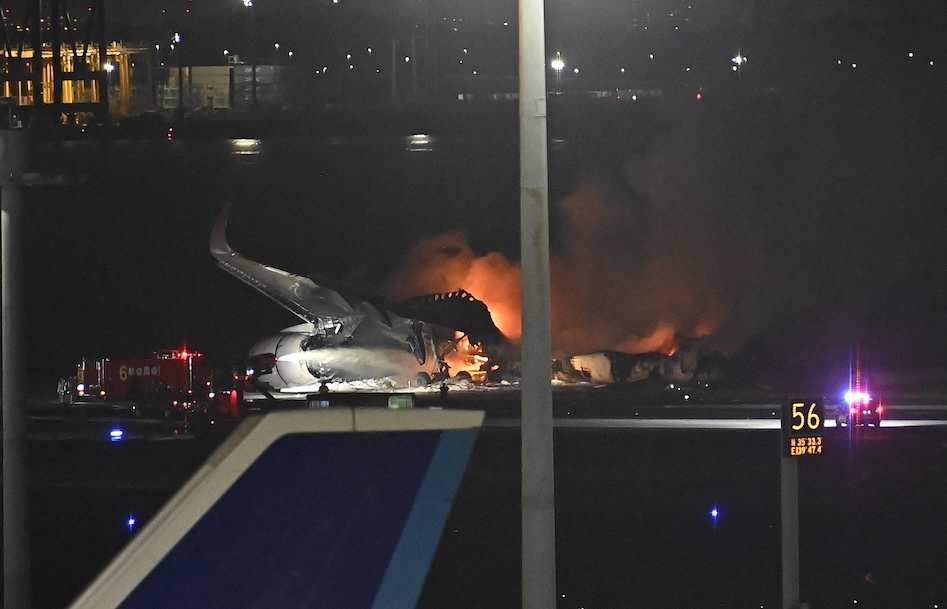Japan Airlines crash: What the major players are saying
Organizations including Airbus are making statements as Japanese authorities investigate the fatal runway crash.
by Ewan Larkin

Please sign in below or access limited articles a month after free, fast registration.
If you don’t yet have an account, you can register for free to unlock additional content. For full access to everything we offer, view our subscription plans.
Sign In
Trouble signing in?
Register for free
✓ Access limited free articles each month
✓ Email bulletins – top industry news and insights delivered straight to your inbox
Subscribe
✓ Unlimited access to all Campaign Asia content
✓ Real-world campaign case studies and career insights
✓ Exclusive reports, industry news, and annual features
